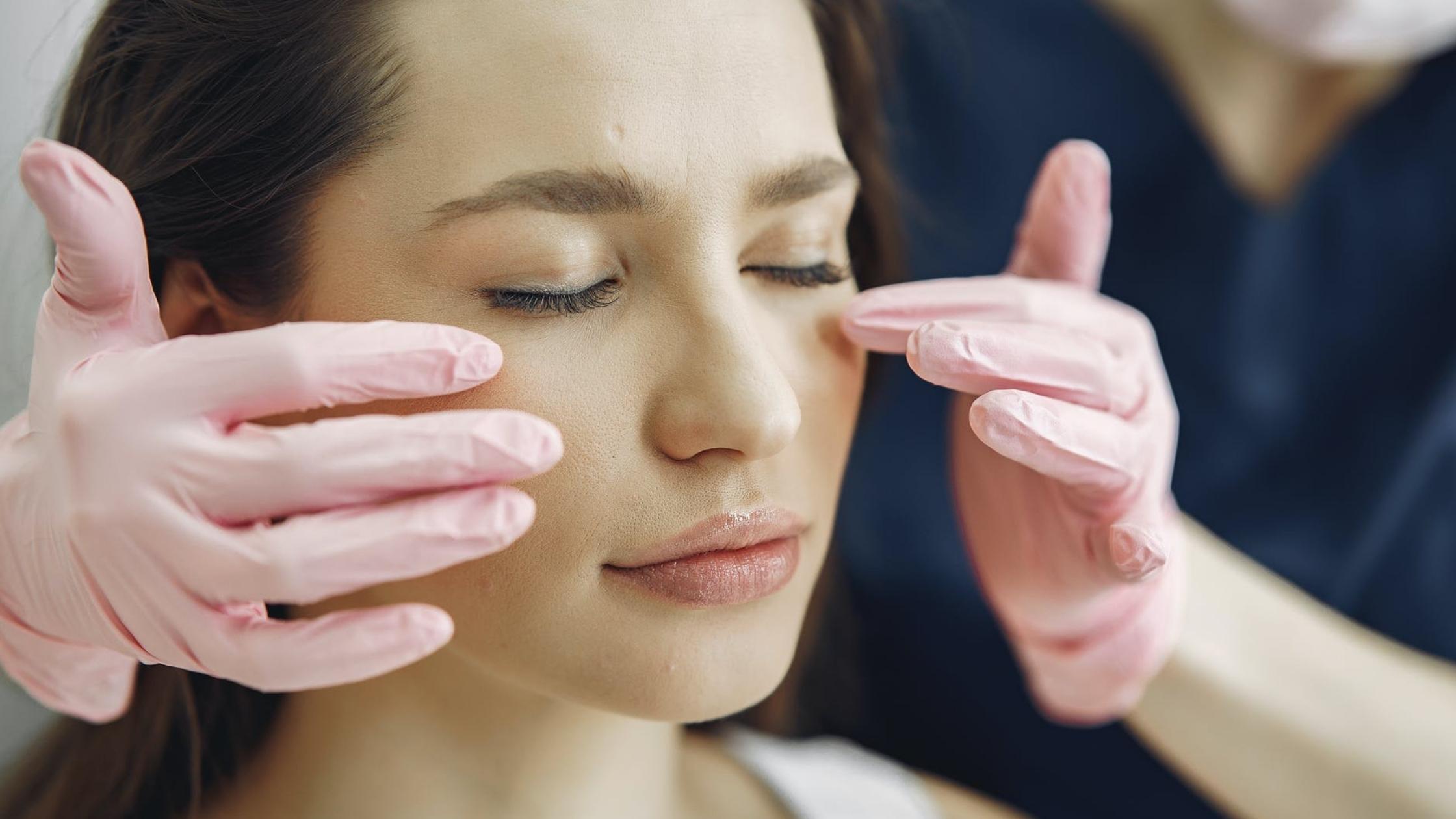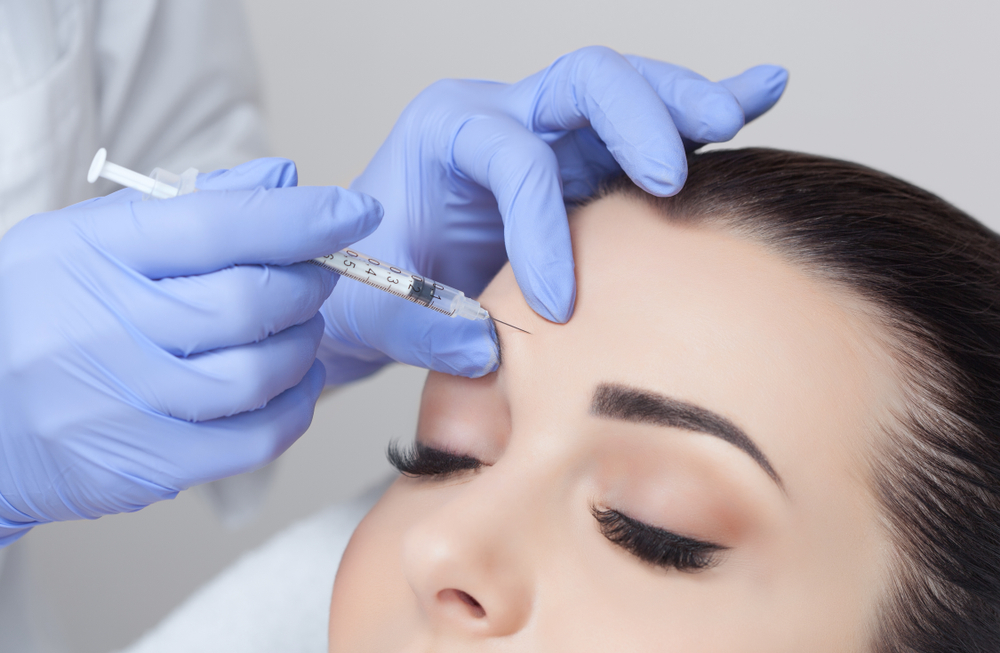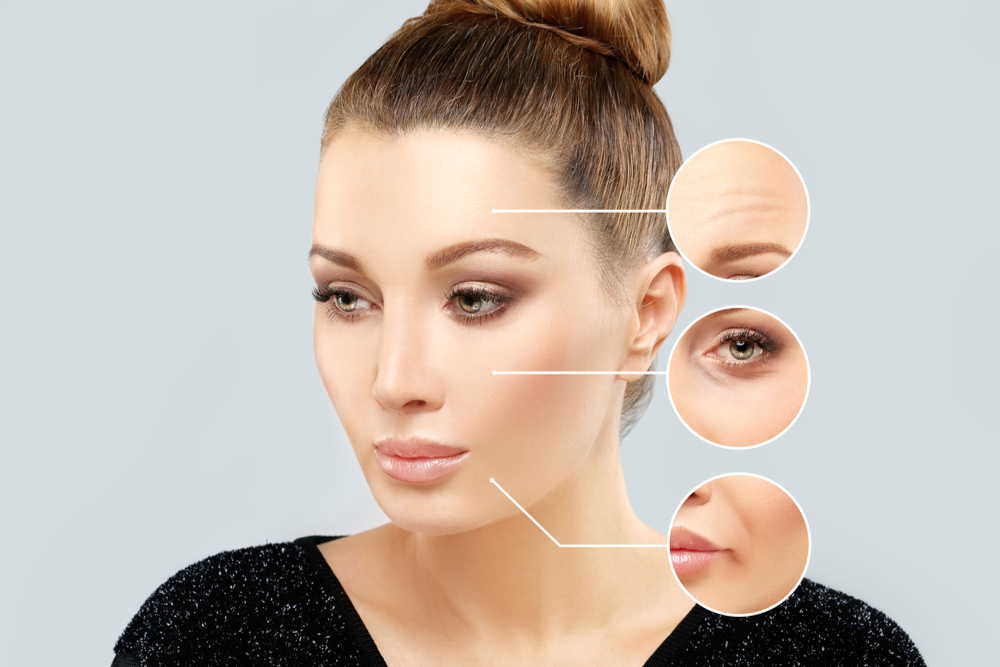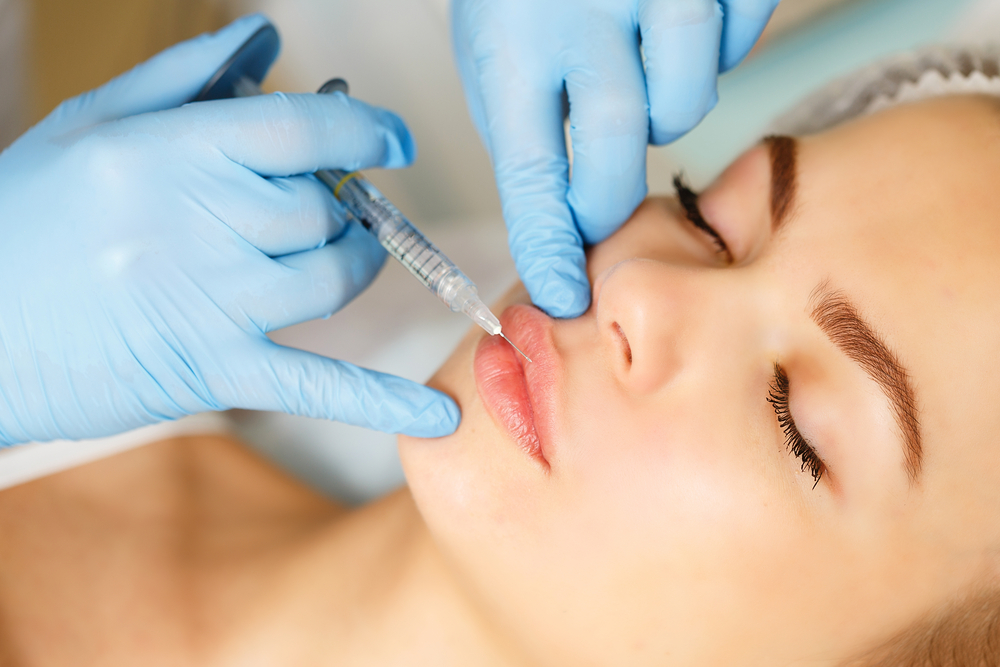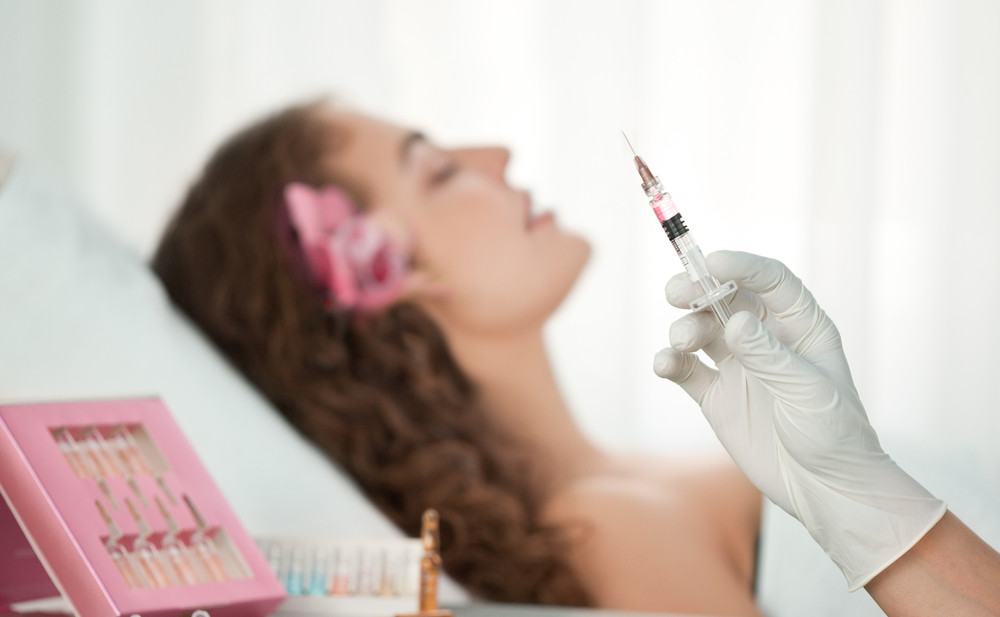Botox Bruise may happen when the needle knicks the blood vessel making the area slightly reddish or purple. It might be a consequence of blood extravasation or leakage of blood in the botox area.
Botox is the most common way to get rid of facial wrinkles and fine lines with an injectable cosmetic. Side effects aren’t widespread, but they can happen. Bruising is one of them.
What Makes Botox Bruise?
People who get Botox get bruises because blood leaks out of a blood vessel and into the surrounding tissue. There is a chance that the needle for Botox accidentally pokes a blood vessel. Expert and inexperienced doctors can cause bruising because blood vessels can be hard to see, and many of them are hard to see.
Other causes of blood loss include
- Not taking blood-thinning medications and supplements.
- Having a drink before or after the procedure
- Exercising two days before or after the procedure.
- Taking certain medications that can induce blood flow.
Drugs That Should Be Avoided While You Are Taking Botox Treatment
- Aspirin
- Clopidogrel
- Warfarin
- Non-Vitamin K oral anticoagulants
- Heparin
- NASIDS like ibuprofen and naproxen can help ease the pain.
It would help if you didn’t stop taking prescription drugs without talking to your doctor first. If your health allows, the doctor will tell you to stop taking your medications a week before the Botox procedure.
Few Tips To Prevent Botox Bruising
- Don’t drink Alcohol – Before and after the treatment, don’t drink. People who drink alcohol 24 hours before and after getting Botox are more likely to get bruises. Alcohol makes the blood thinner and makes it take longer to clot.
- Use Ice Packs – To avoid getting bruises from the Botox treatment, use ice packs before and after. Before injecting Botox, your doctor may put ice packs on your face. You can use cold packs at home for 10-15 minutes every hour to help your body get rid of the pain.
- Keep your Head in Elevation – Keep your head above your heart while you sleep for the first few days after the surgery. This position stops blood from pooling and reduces the chance of getting bruises.
- Avoid Working out – The heart rate and blood flow go up when you exercise, which is not what you need before or after having Botox done. Don’t do anything too strenuous for two or three hours before and 24 hours after the treatment.
- Vitamin C intake – Vitamin C deficiency may make it more likely that Botox will make you bruise. Before and after the procedure, take Vitamin C supplements and eat foods high in this antioxidant. Citrus fruits, blackcurrants, broccoli, and peppers are some foods.
- Anti-bruising supplements – You might want to take anti-bruising supplements. This could help your blood vessels heal. Arnica is a natural remedy that many people who get Botox use. Take this supplement three to four days before the Botox procedure to lessen the chance of bruising, or as your doctor tells you to do.
- Vitamin K intake – Vitamin K is good at cutting down on swelling and bruising. Consult your doctor about which Vitamin K supplements to take. Take them five days before the treatment or as your doctor tells you to.
- Bromelain supplements – Bromelain supplements are another way to help heal bruises. Bromelain is an enzyme that comes from pineapples and is thought to help with swelling. Most grocery and health stores sell it.
How Long Does Botox Bruising Last?
If you can still see bruising in the treated area, don’t worry about it. In most cases, bruising lasts between 2 and 3 days. It can last up to 7 days in a few instances, but rare.
Do I Need To Avoid A Few Supplements And Medications After Botox Bruising?
Before you start treatment, don’t take medications or supplements that make your blood thinner. The cells in your blood called platelets help stop bleeding and bruises. Some medicines and supplements can slow down these cells, so they don’t work as well.
One of the most similar problems people have before undergoing aesthetic injectable treatments like Botox and dermal fillers is that the treated region may become irritated. Therefore we need to take proper care of our skin and follow the above precautions after treatment.





